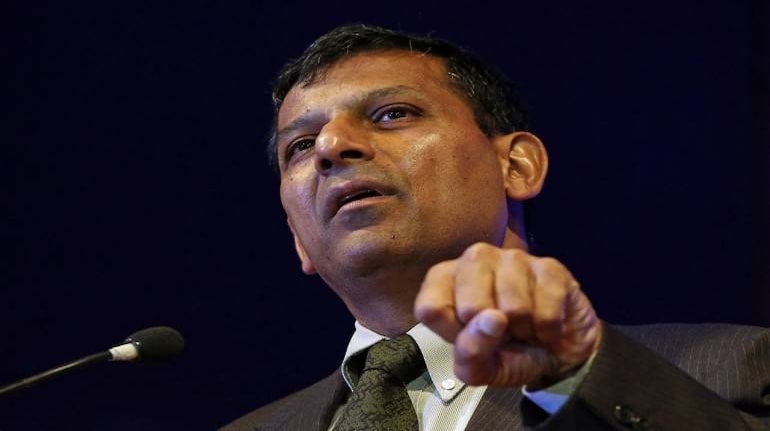



Less than a year after he demitted office as the 23rd Governor of the Reserve Bank of India (RBI), Raghuram Rajan said he had cautioned the Centre on the short-term costs of demonetisation outweighing the long-term benefits.
These revelations form part of his memoir, I Do What I Do, a compilation of his speeches peppered with telling commentaries. Excerpts of the book were published in the Times of India and Hindustan Times today.
Putting rest to speculation that the central bank under Rajan was on board for demonetisation, Rajan wrote, “At no point during my term was the RBI asked to make a decision on demonetisation.”
“I was asked by the government in February 2016 for my view on demonetisation, which I gave orally… I made these views known in no uncertain terms.” Rajan wrote, adding that he also offered ‘better alternatives’ to help the government achieve its main goals. However, there is no mention of what these suggestions were.
Despite his reservations, Rajan said he was asked to prepare a note regarding the same, which the RBI did and handed to the government. A committee was then set up to consider the same. Rajan goes on to mention he was not part of this, though the central bank was represented by a deputy governor in charge of currency.
The excerpt remains silent on the note’s contents but “outlined potential costs and benefits of demonetisation, as well as alternatives that could achieve similar aims. If the government, on weighing the pros and cons, still decided to go ahead with demonetisation, the note outlined the preparation that would be needed, and the time that preparation would take.” It also flagged concerns in a scenario where preparations were inadequate.
WATCH | Urjit Patel's One Year As RBI GovernorThe sequence of events outlined suggest that the decision to scrap high-value notes of Rs 500 and Rs 1,000 (86 percent of the currency in circulation) on November 8, 2016 was not underway months earlier.
It also puts to rest conflicting media reports that were published in the wake of demonetisation on whether or not Rajan was in favour of it.
Rajan also said he did not immediately comment when demonetisation was announced because it may have interfered with the steps being taken by his predecessor.
The revelations come at a time when the government is facing intense scrutiny after RBI revealed that 99 percent of all demonetised notes have been come back into the banking system.
The economy too has taken a hit, with GDP growth falling from 7 percent in October-December 2016 to 6.1 percent in January-March and 5.7 percent in April-June 2017.
These numbers, however, fail to account for India’s informal or cash economy, which is pegged at two-thirds of India's GDP, (USD1.4 trillion or Rs 90 lakh crore). It is also bound to fuel the opposition’s attack on the government, which has always maintained that demonetisation was ill-conceived and poorly executed.
Discover the latest Business News, Sensex, and Nifty updates. Obtain Personal Finance insights, tax queries, and expert opinions on Moneycontrol or download the Moneycontrol App to stay updated!
Find the best of Al News in one place, specially curated for you every weekend.
Stay on top of the latest tech trends and biggest startup news.